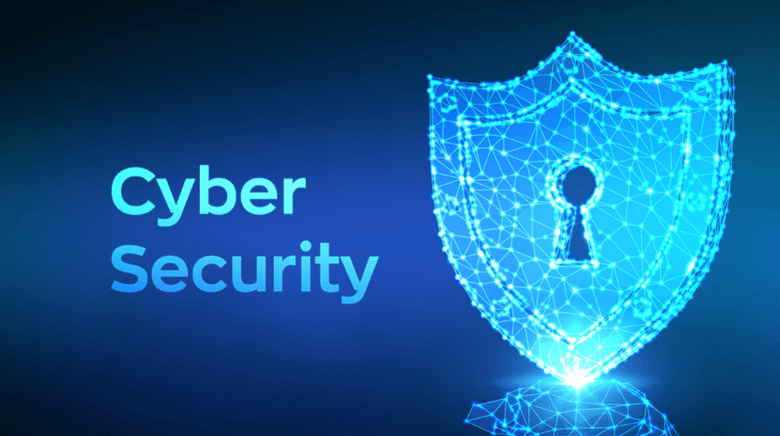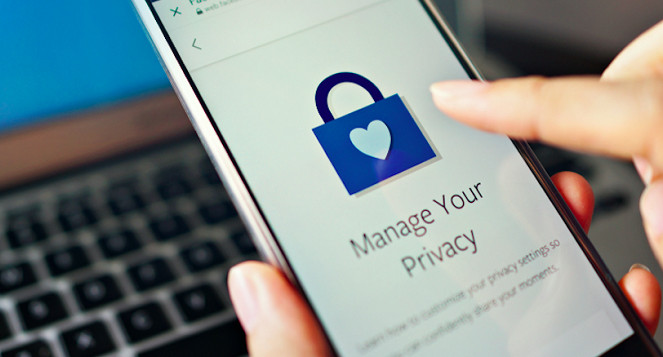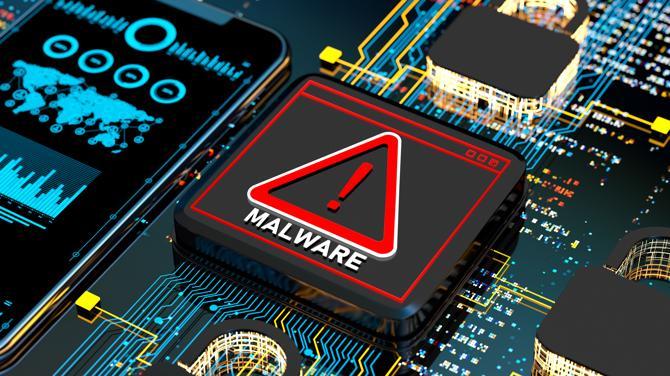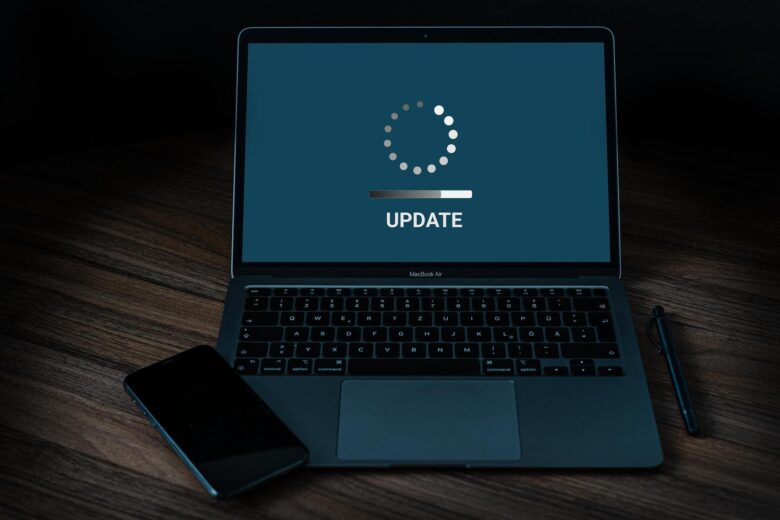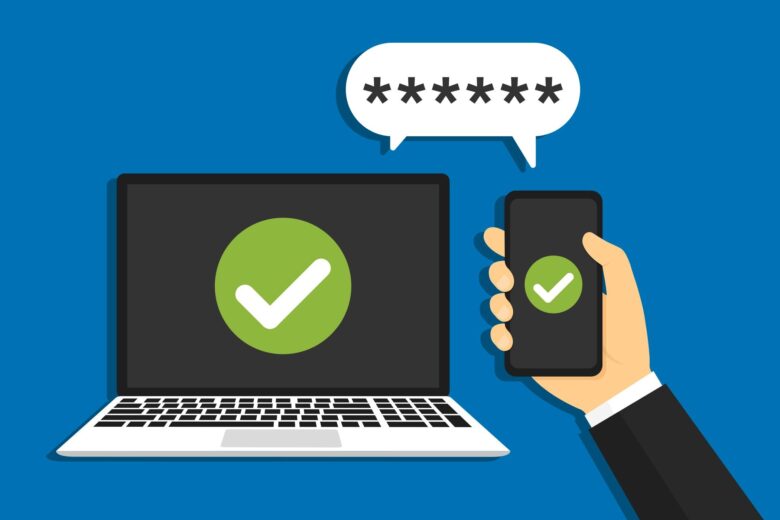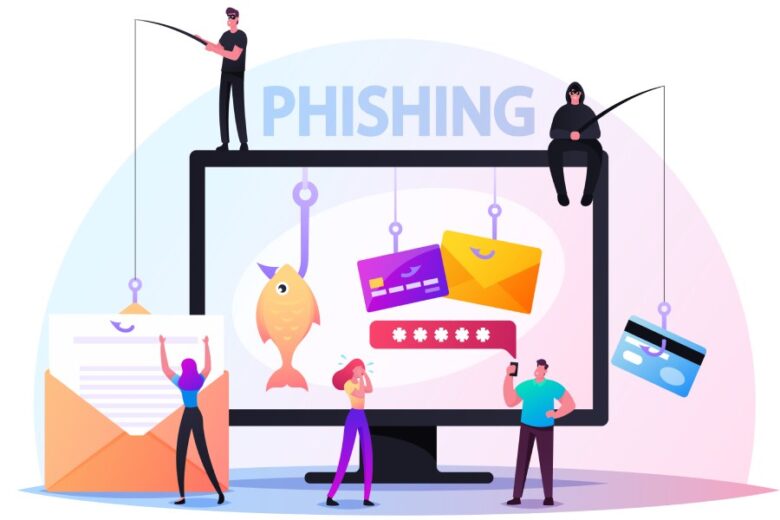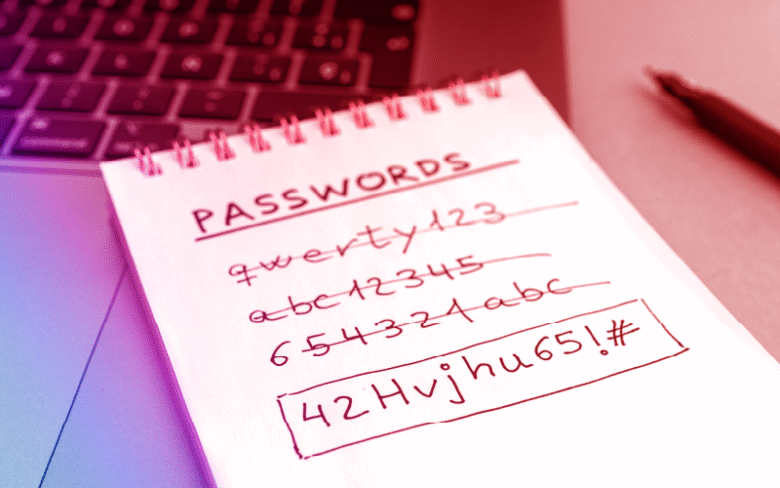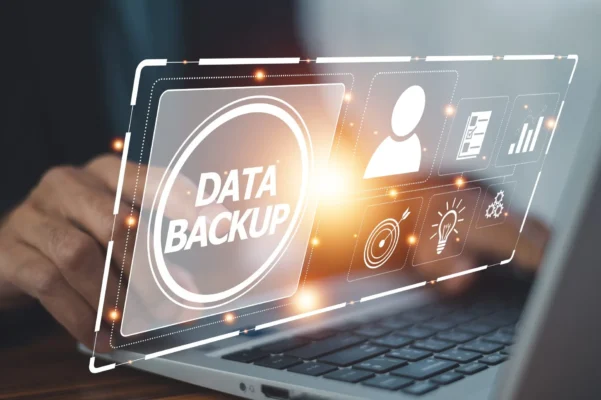In today’s fast-paced digital world, cybersecurity is more important than ever, as everything from banking to socialising depends on the internet. Every click, download, or online transaction can pose a risk if you’re not vigilant. Everyone needs to understand cybersecurity, not just techies. As hackers, scammers, and cybercriminals become increasingly sophisticated, it’s more important than …
The internet has become an integral part of childhood and adolescence. It offers children and teens fantastic opportunities to learn, develop their creativity, and communicate with others. However, this digital playground also harbors many dangers that can put young people at risk. As parents, teachers, and caregivers, it is crucial to understand these threats and …
Nowadays, public Wi-Fi makes it easy to connect to the internet in places like airports, hotels, cafes, and even on public transportation. While these networks are convenient and useful, they also come with some problems. Cybercriminals prefer public Wi-Fi because it’s unsecured, making it easy to steal personal information. Using an unsecured network can compromise …
Social media has become an integral part of everyday life. It allows people to express their opinions, connect with friends, and form online communities. However, the sheer amount of personal information stored on these sites is increasing privacy concerns. Most people don’t know how much of their data is public and how others can use …
These days, we rely on our devices for almost everything, from shopping to banking to communicating with others. Technology makes life easier, but it also brings risks. Malware is one of the most dangerous things on the internet. “Malware” is short for “malicious software.” It’s designed to damage or exploit your computer, phone, or network. …
In today’s digital world, most people use software and mobile apps to perform daily tasks such as communicating, banking, entertaining themselves, or working. Developers are constantly improving and modifying these products to meet new needs, fix vulnerabilities, and enhance security. While updates are crucial, many people postpone or ignore them because they find them inconvenient …
As our lives become increasingly digital, keeping your online accounts secure is more important than ever. Passwords alone are no longer enough to stop cybercriminals, as many people use weak or easy-to-guess passwords. Data breaches and phishing attacks can easily compromise even the strongest passwords. This is where two-factor authentication (2FA) comes in. It enhances …
In today’s digital landscape, email is a crucial way to communicate with others, both personally and professionally. However, despite its ease of use, email also carries hidden dangers that most people are unaware of. One of the most common ways hackers and cybercriminals trick consumers into providing personal information is through phishing emails and online …
In today’s digital landscape, passwords are your most important defense against online risks. The strength of your password often determines the security of your data when logging in to your email, banking, or social media accounts. Unfortunately, many people still use weak or easy-to-guess passwords, making it easier for hackers to gain unauthorized access. Creating …
Data has become one of the most valuable assets in the digital age. Computers, smartphones, and external hard drives are where we store everything from personal photos and videos to important professional documents and financial information. While technology makes storing and accessing files easier, it also introduces more risks. Devices can be damaged, stolen, or …

